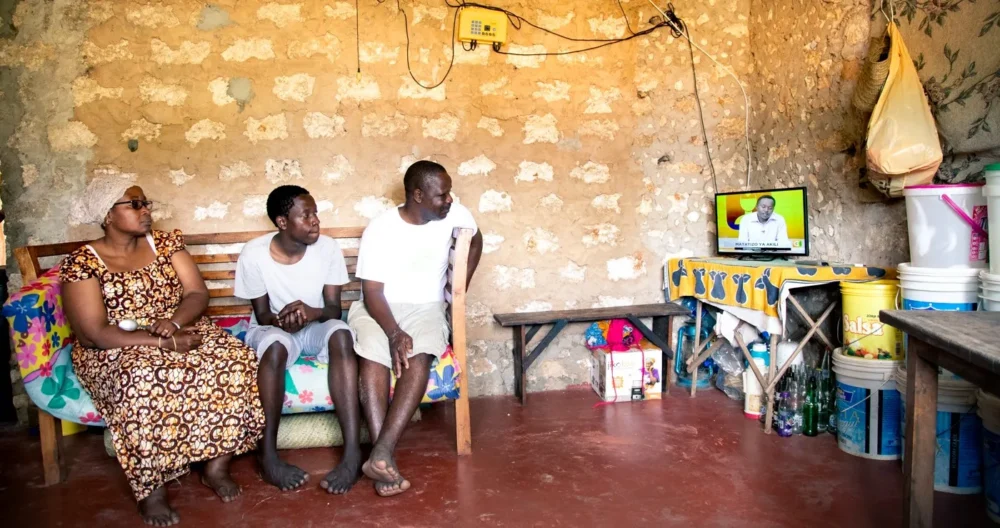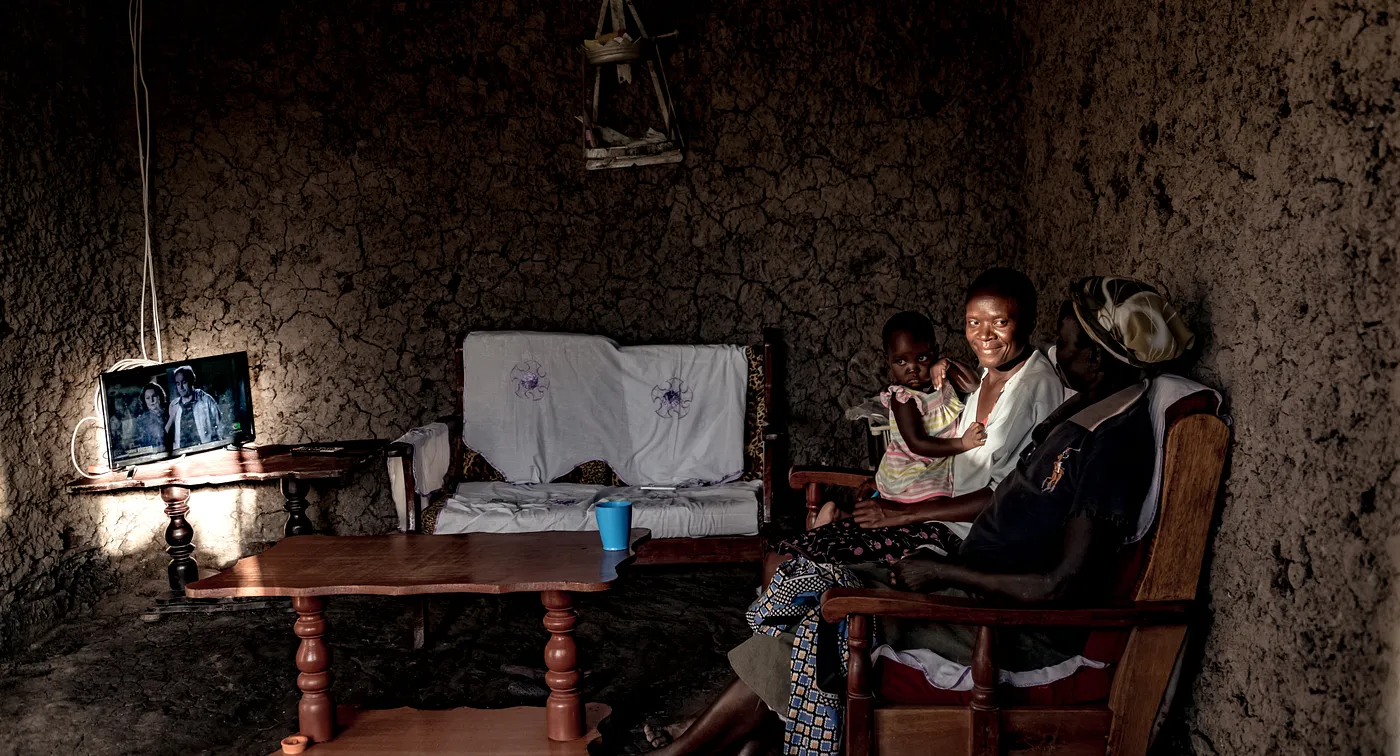The Critical Role of Appliances in the Time of Covid-19
Learn more about the critical roles appliances are playing in mitigating the impacts of the Covid-19 pandemic in vulnerable, off-grid communities

Feeling overwhelmed by COVID-19? Imagine facing this pandemic without television for information, refrigeration to preserve food, lighting to work past sunset, or electricity for ventilators. Over a billion people still lack access to electricity, making these theoretical woes a frightening reality for many, especially those in vulnerable countries.
— Christine Egan, CLASP CEO
With most of the world under lockdown and social distancing orders, appliances are working overtime. While each type of appliance plays a different role, their combined effects improve health outcomes, keep people informed, and ensure sustainable supply chains. The role of appliances in achieving United Nations Sustainable Development Goals (SDGs) has become ever-apparent, especially during the COVID-19 crisis, and will prove pivotal in achieving the health, energy, gender, and other critical targets in a post-pandemic world.
Working across geographies and technologies, the Efficiency for Access Coalition has witnessed the critical roles appliances are playing in mitigating the impacts of the pandemic in vulnerable, off-grid communities. As the world responds to COVID-19, we have seen that cost-effective, durable and appropriately designed products bolster community health, keep people connected and enable economic activity.
Building Healthy Communities

Appliances play an important role in public health responses to COVID-19. Around a billion people today rely on health facilities without electricity supply. According to a recent study from the International Journal of Hygiene and Environmental Health, 60% of health facilities in 46 low- and middle-income countries lacked access to reliable electricity. This negatively impacts the abilities of medical professionals in rural areas to deliver the modern health services needed to treat COVID-19 patients.
For rural health centers, off-grid appliances are at the forefront of solving this issue. Mini-grids offer a cost-effective and dependable solution for enabling rural health clinics to gain access to electricity and power crucial medical devices, such as ventilators, during the pandemic. Additionally, solar water pumps enable health clinics and households to gain access to water for increased sanitation efforts. Solar radios and computers facilitate critical information exchange when it comes to diagnostics, reporting COVID-19 cases, and supplies procurement throughout off-grid regions. Furthermore, off-grid cold chain solutions are serving a pivotal role through the storage of medical supplies. Such storage will become even more essential when a vaccine becomes widely available.
At the household level, appliances keep families safe and reduce their risk of exposure to the virus. Refrigerators allow households to extend the shelf life of produce, thereby reducing trips to markets, lowering virus exposure, and allowing users to diversify their diets — all leading to healthier immune systems. Electric Pressure Cookers (EPCs) also reduce indoor air pollution at a time when most families are confined to their homes.
Providing Education, Information and Entertainment

I like to watch the daily news to know what is going on in my country and around the world. — Efficiency for Access and 60 Decibels Survey Respondent
In a time where most people are under shelter-in-place orders, solar TVs allow households to access critical news and stay informed. In fact, according to a Efficiency for Access and 60 Decibels report on the Use and Impacts of Solar TVs, 90% of customers report using the appliance specifically to watch local and national news broadcasts. Across sub-Saharan Africa, schools are turning to solar radios to broadcast academic lessons. Solar TVs and radios are also serving vital roles in keeping families close, less stressed and better entertained during the pandemic. In the same Use and Impacts of Solar TVs study, 79% of users felt their stress levels had reduced since purchasing their solar TV and 83% said their family felt more connected when watching movies and TV together.
Ensuring Economic Resilience

In certain regions of Africa, 28% of health facilities have access to reliable electricity. Power system appliances, such as solar home systems (SHS), are serving essential roles in providing reliable electricity to rural health clinics and households. When it comes to lighting, the off-grid solar market continues to rapidly expand, with sales data expected to surpass 30 million units sold in 2019. This is good news to ensuring economic resiliency both during and after the pandemic, as access to reliable electricity and lighting extends the productivity and working hours for both rural healthcare clinics and households.
For off-grid communities, solar water pumps offer sustainable and cost-effective irrigation methods that enable farmers to continue producing essential food at a low-costs. Solar water pumps and other productive use appliances play foundational roles in enhancing the resilience of vulnerable small hold farmers to withstand pandemics, droughts and other external shocks.
By centering energy access and appliances in the global COVID-19 response, we can ensure both short and long-term benefits for end users. The benefits offered by off-grid appliances will go beyond the pandemic and build more resilient communities in the future. The role of appliances will remain essential in ensuring that energy access translates into measurable health, social and economic benefits for the 840 million people who still lack access to modern energy.
***
For more information on the role of appliances beyond the pandemic response, especially in achieving gender equality and energy access for all, check out our new policy brief here.